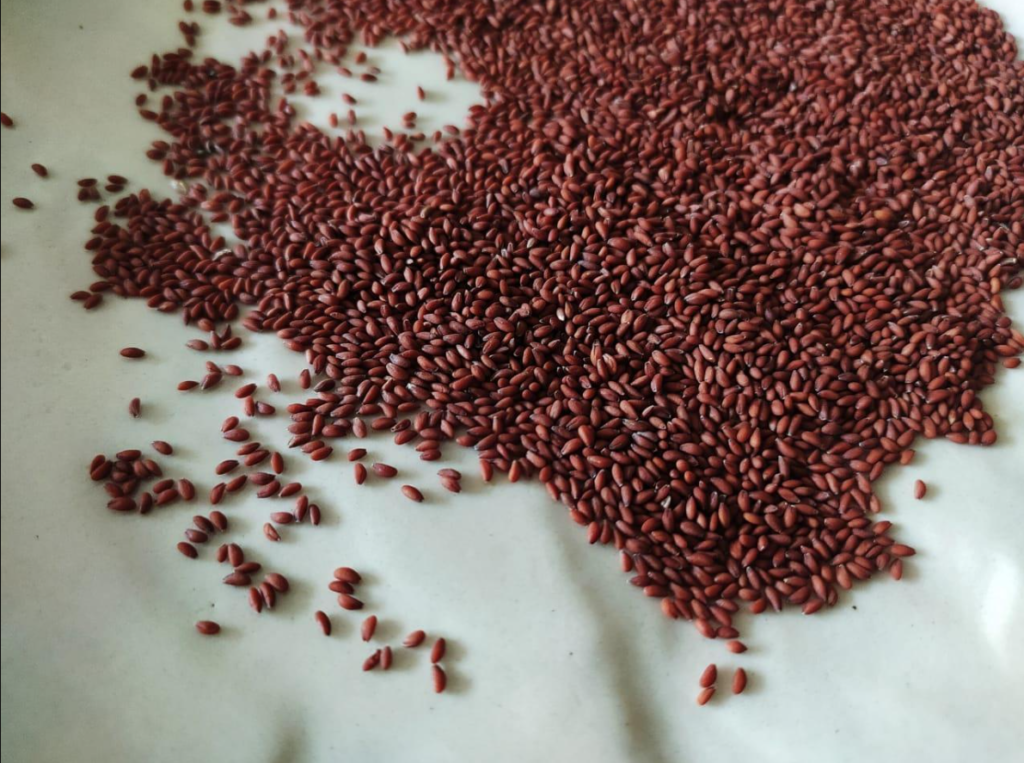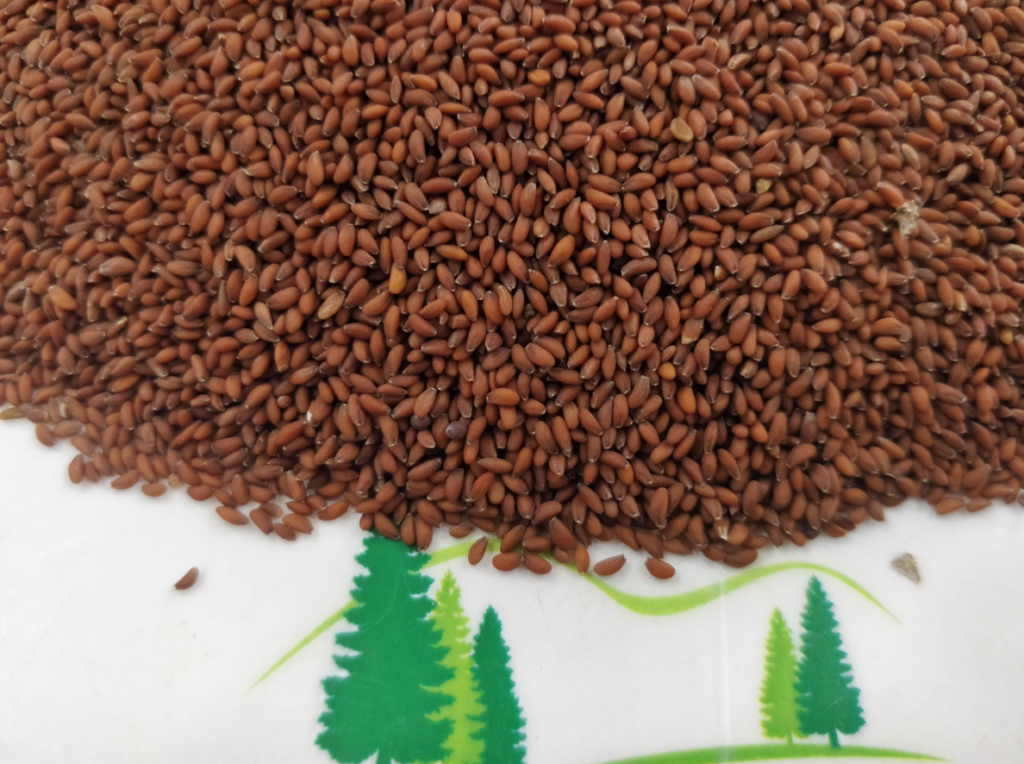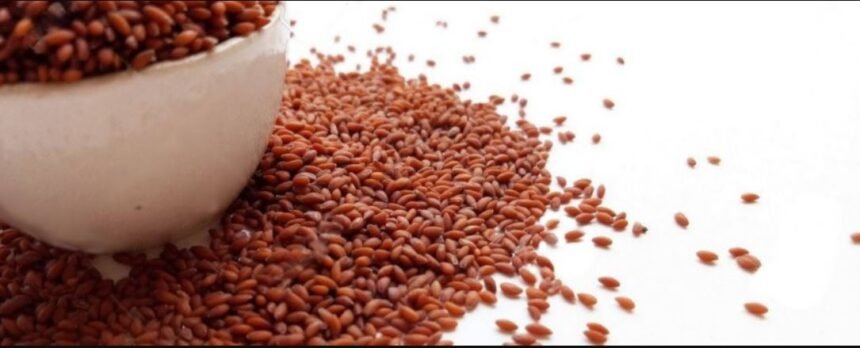Discover the health benefits of Garden Cress Seeds in this informative article. Learn how they can enhance your well-being.
Garden cress, scientifically known as Lepidium sativum, is a small but mighty herb that has been cultivated for centuries. One of its most valuable components is its seeds, often referred to as halim seeds. These tiny seeds are packed with essential nutrients and have a long history of use in traditional medicine and culinary practices. In this article, we will explore the many benefits and uses of garden cress seeds.

Garden Cress Seeds
ALSO READ: Unlocking The Power Of Chia Seeds: A Comprehensive Guide
Nutritional Profile
Garden cress seeds are a nutritional powerhouse, boasting an impressive array of vitamins, minerals, and antioxidants. They are particularly rich in vitamins A, E, C, and various B vitamins, such as folate and niacin. Additionally, they contain essential minerals like iron, calcium, magnesium, and potassium.
One of the standout features of garden cress seeds is their high content of dietary fiber, which aids in digestion and helps maintain a healthy gut. These seeds are also a source of healthy fats, including omega-3 fatty acids, which are known for their heart-protective benefits.

Health Benefits
- Improved Digestion: Garden cress seeds are a natural source of dietary fiber, which aids in digestion by promoting regular bowel movements and preventing constipation. The fiber content also supports a healthy gut microbiome, which is crucial for overall well-being.
- Antioxidant Properties: These seeds are rich in antioxidants like vitamin C and vitamin E, which help combat oxidative stress and reduce the risk of chronic diseases. Antioxidants are known to neutralize harmful free radicals in the body.
- Bone Health: Garden cress seeds are a good source of calcium, magnesium, and phosphorus, all of which are essential for maintaining strong and healthy bones. Regular consumption can help prevent conditions like osteoporosis.
- Immune System Support: The high vitamin C content in garden cress seeds can bolster the immune system, helping the body fight off infections and illnesses. This vitamin is known for its ability to enhance immune function.
- Iron Boost: Iron is vital for the production of red blood cells and the prevention of anemia. Garden cress seeds are an excellent source of iron, making them particularly beneficial for individuals with iron-deficiency anemia.

Garden Cress Seeds
ALSO READ: The Numerous Health Benefits of Soaked Kismish (Raisins)
Culinary Uses
Garden cress seeds have a slightly peppery and nutty flavor, which makes them a versatile ingredient in various dishes. Here are some common culinary uses:
- Garden Cress Sprouts: Garden cress seeds can be sprouted and used as a garnish for salads, sandwiches, and soups. The sprouts add a fresh, spicy kick to your dishes.
- Chutneys: In many Indian cuisines, halim seeds are ground into a paste and used to prepare chutneys. These chutneys are often served with snacks, rice, or flatbreads.
- Smoothies: Adding a teaspoon of garden cress seed powder to your morning smoothie can boost its nutritional content. The seeds blend well and contribute a unique flavor.
- Bread and Baked Goods: Some bakers incorporate garden cress seeds into bread, muffins, or crackers to enhance both the flavor and nutritional value of their products.

Garden Cress Seeds
Garden cress seeds, also known as halim seeds, are a nutritional treasure trove that offers a wide range of health benefits. With their rich vitamin and mineral content, antioxidants, and dietary fiber, these tiny seeds have earned a place in both traditional medicine and modern cuisine. Whether you’re looking to support your digestive health, strengthen your immune system, or simply add a burst of flavor to your meals, garden cress seeds are a valuable addition to your pantry. Incorporate them into your diet and experience the many ways they can contribute to your overall health and wellness.
Click here, to view more post.
ALSO READ: The Incredible Benefits Of Flex Seeds: A Nutritional Power House
Image Source: Google




































